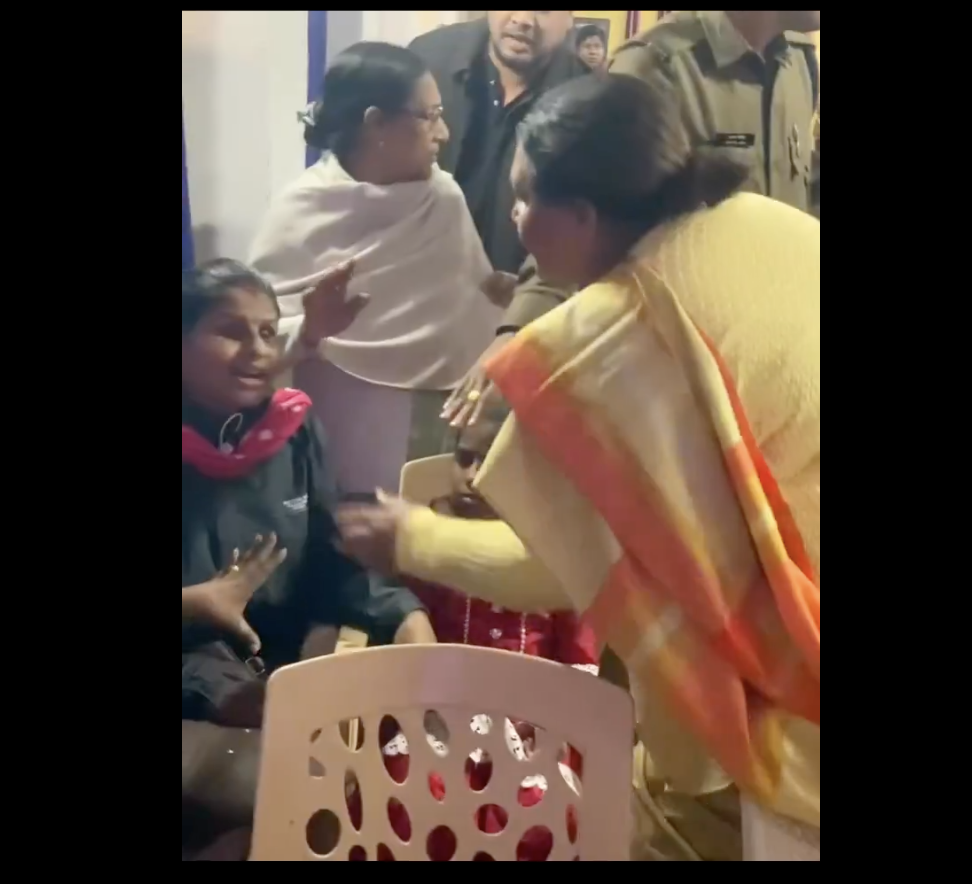“Hasn’t the tribal society elevated Lord Ram to the status of Purushottam Ram? The Congress party has done nothing for the tribals in the five to six decades after independence.”
As PM Narendra Modi continues his campaign trail in the Adivasi region of Madhya Pradesh, which is going to polls on November 17, the question of his silence over the atrocities against Adivasis in the state is taking centre stage. Adivasis, with almost 22 per cent population share and domination in 82 seats, including 47 reserved seats, play a determining role in the assembly elections.
PM Modi’s address at Seoni district today is another effort by the BJP to gain in the Mahakoshal region, which is mostly considered a Congress bastion, think political analysts.
The enthusiasm over the political rhetoric of Modi might find some resonance in the city where he addressed the rally, but 50 km away from the Simariya village in Barghat assembly, Phulwati Devi, in her 40s, can’t forget the night two years ago when her husband Dhansha Inwati was pulled out of his room and lynched allegedly by 15-18 Bajrang Sena and Ram Sena members who got the ‘tip’ that they were storing beef.
In May 2021, the brutal lynching of two Adivasi men became national news, but gradually, with time, people started forgetting it.
While recalling the horrific night, Phulwati Devi says, “It was around 2 am. I heard some sounds; I woke up and found that people with masks were taking away my husband and hitting him. They were chanting ‘Jai Shree Ram’. When I went to resist them, I was also beaten up.”
However, it was only the next morning that she got to know that Dhanshah was killed. “The attackers accused us of storing beef. But believe me, there was nothing like it,” she adds. The only support Phulwati Devi and the family received from the government was a compensation of Rs 8 lakh 25 thousand.
“We were promised a pucca house. Kamal Nath even promised Rs 3 lakhs, but that never happened,” says Jayprakash Inwati, Dhansha’s elder son. Jayprakash only got a compensatory job as a peon in a nearby village. But since then, nobody ever came to us, he laments.
This story was originally published in outlookindia.com. Read the full story here .






